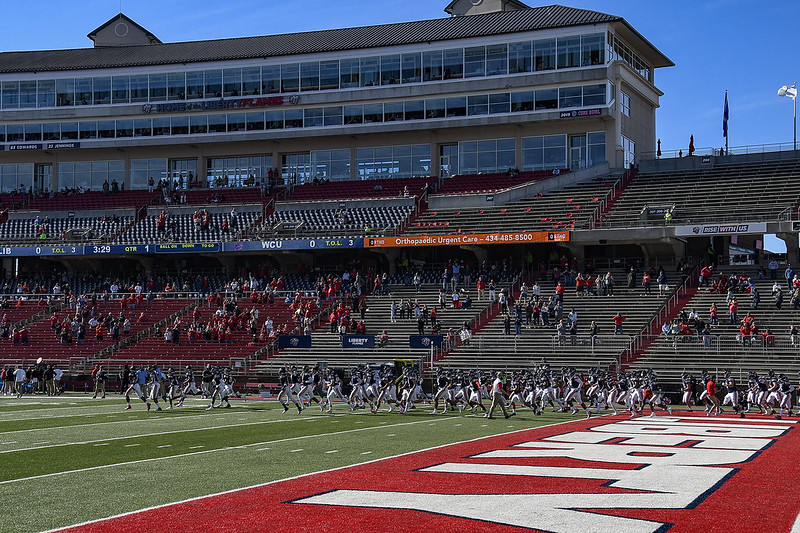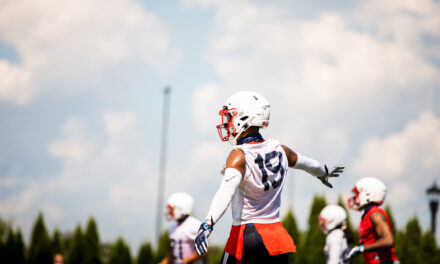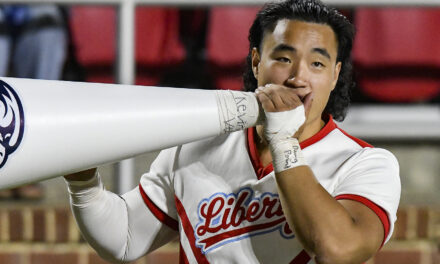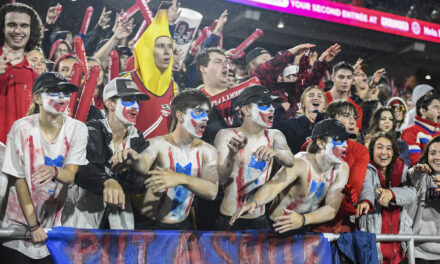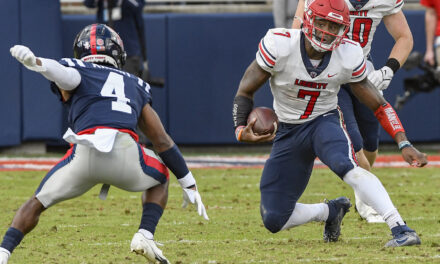It looks like legal sports betting in Massachusetts will finally be a reality. Lawmakers reached an agreement in the 11th hour to bring betting to the Bay State.
Governor Charlie Baker will have until Aug. 11 to sign the bill into law, which he is expected to do. After over a year of negotiations, this comes as a sigh of relief for proponents of sports betting in the state.
One of the biggest obstacles for lawmakers in reaching an agreement was betting on college sports.
That issue has now been resolved, and with the framework in place, there’s hope that sports betting could be a reality in Massachusetts in time for the Super Bowl.
So how does betting on college sports in Massachusetts compare to Virginia? Let’s take a look.
Breakdown of College Betting in Virginia and Massachusetts
Both Virginia and Massachusetts allow bettors to wager on college sports – with a few exceptions.
You can bet on any college event in Virginia, provided no Virginia-based programs are participating. That still leaves plenty of action on the table, including the neighboring Maryland Terrapins, Georgetown Hoyas, and West Virginia Mountaineers.
Also of note is that in-game betting and player prop bets are not available at state sportsbooks under Virginia law.
Massachusetts is similar in that college betting is fair game as long as no Bay State team is participating. However, there is a quirky caveat.
If a Massachusetts team qualifies for a tournament such as March Madness or the annual ACC tournament, betting on in-state teams will be allowed. This is not the case in Virginia.
How Do Virginia and Massachusetts Compare to Other States?
Legal sports betting states are divided regarding college betting, and it’s not uncommon for wagering on in-state teams to be prohibited.
Nine states have outlawed betting on in-state schools, including New York and New Jersey – two of the nation’s biggest markets.
New Jersey doesn’t even allow betting on a college game that takes place within its borders – even if it doesn’t involve a NJ team. Oregon has banned college betting all together.
There are 20 states that permit wagering on in-state teams; however, five of those states do not allow prop bets.
Why the Concern Over Betting on In-State Teams?
One of the main arguments regarding betting on in-state college teams is that student-athletes are more susceptible to undue pressure than professional athletes, and it could open the door to corruption.
Some of these athletes could be sharing a dorm with someone that is betting on or against them. Critics also argue that players could be vulnerable to threatening messages on social media from gamblers.
Conversely, those in favor of in-state betting say that it will happen regardless.
Their belief is that those interested in betting on the home team are going to find a way to do it, whether legally by taking a short drive to a neighboring state or illegally at an offshore gambling site.
Any College is Good College
At least some form of college sports betting is good news for both Virginia and Massachusetts. According to the American Gaming Association (AGA), betting on college sports accounts for approximately 20% of the overall sports betting handle in the US.
The AGA estimated that collegiate betting was responsible for around $11.5 billion of the nation’s $57.7 billion wagered on sports last year.
In 2022, the association estimated that 45 million Americans would wager $3.1 billion on the March Madness tournament alone.
Virginia has a 15% tax levy on sports betting, while Massachusetts is set to impose 15% at in-person sites and 20% for mobile applications.

